Together for a Fair Climate Future
Discussion 4
Tuesday 11 May 2021
This event looked at what the impacts of climate and environmental change are for communities in the UK. Video contributorsshared their lived experiences of the impacts of climate change, including flooding, air pollution, extreme storms and sea level rise. They spoke about the consequences for their communities and families, livelihoods, jobs, and health and wellbeing. The impacts of climate change are not a distant future, but a reality for people across the world and inthe UK today.
The ideas presented here are those of the panellists and video contributors - full credit must be attributed to them. Find out more about the speakers at the bottom of this page.
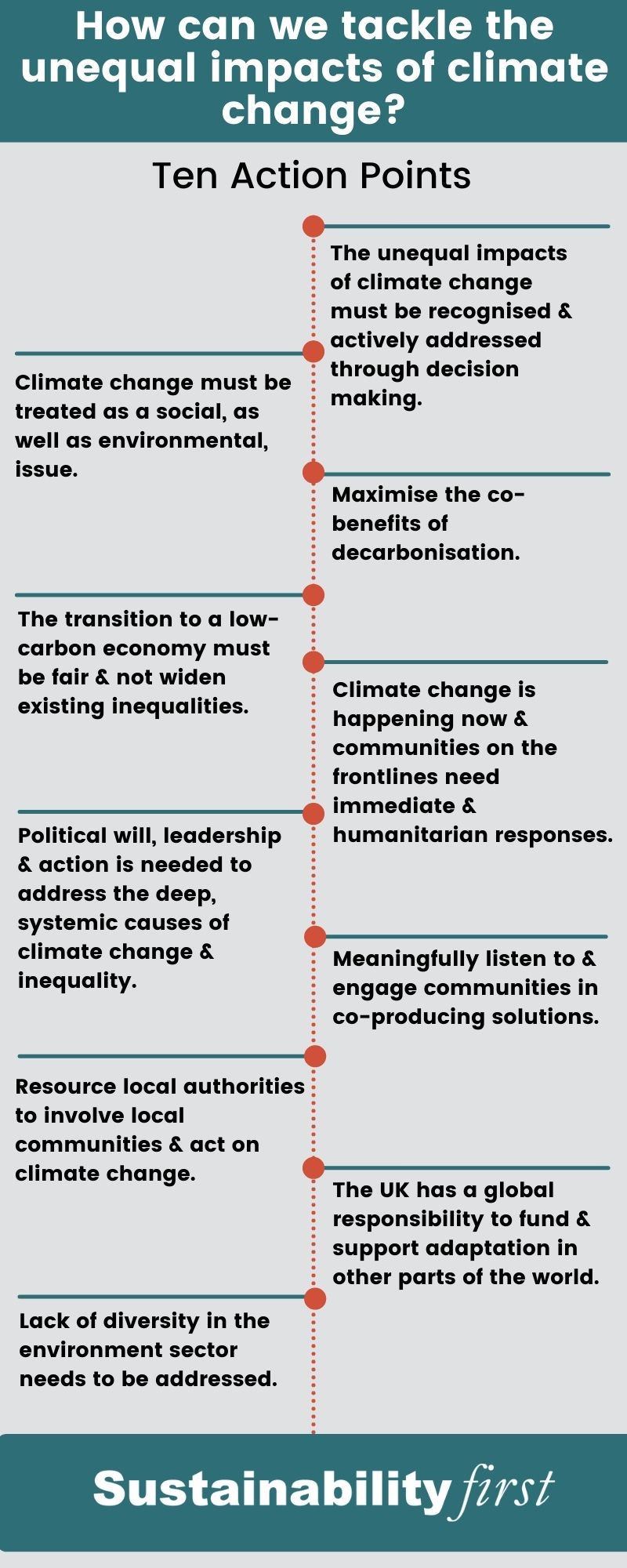
"It we are not careful the transition could exacerbate existing inequalities. But it could be an opportunity to create a fairer society." - Sarah Hopkins
"Climate change does not care about impacting people fairly … We don't live in an equal society…that's something we can change, and we can do something about, and we need to" - Ravina Singh
The impacts of climate change are also not felt equally by everyone. Panellists explored why some people and groups are disproportionality more affected than others, including women, people of colour, disabled people, people on low incomes, and old and young people amongst others. They discussed how socioeconomic, institutional, and structural factors determine people's vulnerability and why climate change must be treated as a social, as well as environmental issue. Contributors argued that the only way we will see change at the scale needed is through political action to address the deep, systemic causes of climate change and inequality.
"We have the solutions. We have the technologies. We have the knowledge required to address climate change impacts and causes. It's a matter of political will" - Michael Mikulewicz
Although the event focused largely on the UK, it also recognised global inequalities and interconnectedness, including through family ties and supply chains, and the UK's responsibility to fund and support adaptation for countries and communities most affected by climate change. Panellists called for immediate and humanitarian responses for frontline communities and a greater focus on land rights.
"Climate justice means that many communities are living between the two realities – we are seeing the impacts [of climate change] here but we are also fighting daily to get basic humanitarian care to our communities who are already on the frontline" – Suzanne Dhaliwal
As we transition to a low-carbon economy, the event discussed the importance of a just transition that is fair and doesn’t leave some people behind. Panellists suggested that a just transition could even be an opportunity to tackle issues in other areas (e.g. health, fuel poverty), by maximising the co-benefits of decarbonisation. But for any solutions to be sustainable, they must be co-designed and implemented with communities and those with lived experience of the impacts of climate change. Panellists called for more funding for local authorities to engage local communities and facilitate participatory processes.
Underpinning all this, the panel emphasised the need for the environment sector, which is currently the second least diverse industry in the UK, to be reflective about how representative it is, and to work harder to create safe spaces and be an ally to marginalised groups.
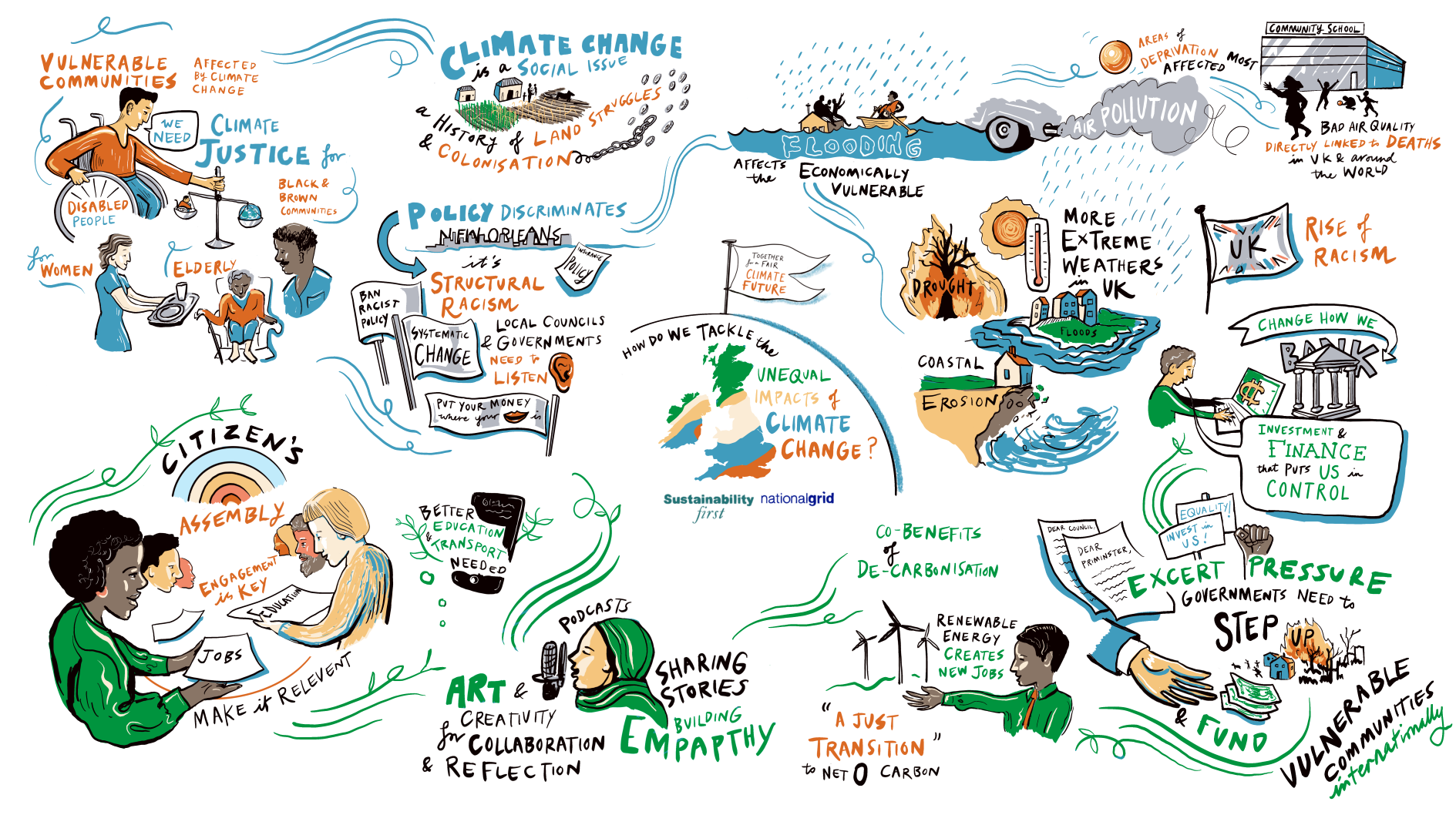
Live event illustration: William Bock – Visual Scribe
Panellists
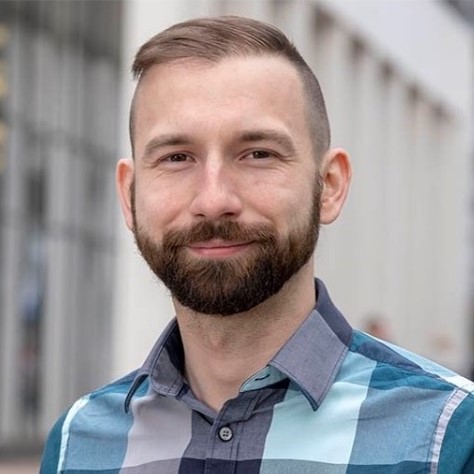
Dr Michael Mikulewicz - Research Fellow, Centre for Climate Justice
Michael is a critical geographer who studies the intersecting social, economic and political inequalities caused by the impacts of, and our responses to, climate change. His research is guided by the concepts of climate justice, adaptation and resilience. He works as a Research Fellow at the Centre for Climate Justice at Glasgow Caledonian University, leading its research themes on international development and intersectionality.
Michael obtained his PhD in Human Geography from the University of Manchester. He previously worked as a Project Associate for the Center for Sustainable Energy in San Diego, CA, and has activist experience with organizations such as 350.org, Amnesty International and the Sierra Club.
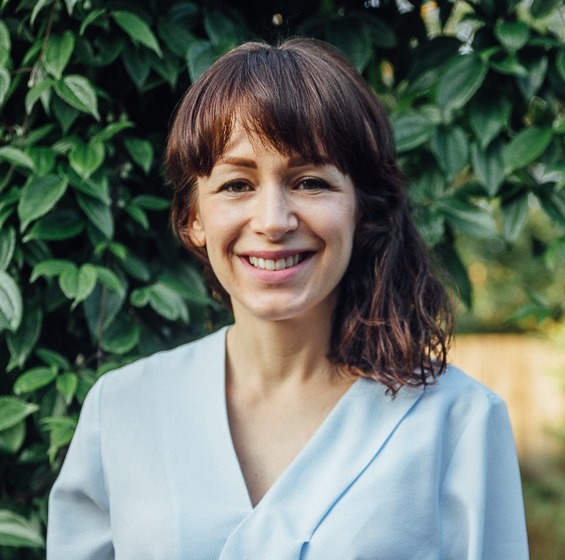
Sarah Hopkins – Director, Cynnal Cymru / Sustain Wales
Sarah joined Cynnal Cymru – Sustain Wales as Director in January 2020. Cynnal Cymru is a sustainable development organisation based in Cardiff. It works with people and organisations from across sectors and industries to accelerate progress towards a low carbon economy, a fair and just society and a thriving natural environment. Sarah has recently worked with the Electoral Reform Society and a consortium of Housing Associations on the Blaenau Gwent Climate Assembly, the first climate assembly in Wales.
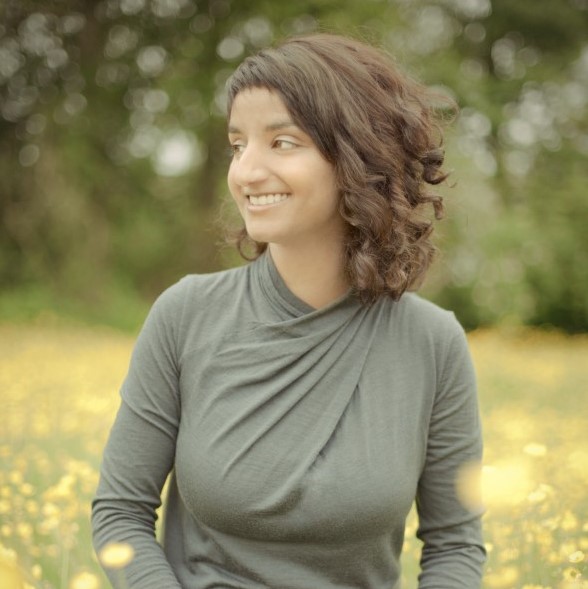
Suzanne Dhaliwal – Climate Justice Creative, Campaigner, Researcher, Lecturer in Environmental Justice and Trainer in Creative Strategies for Decolonisation
Voted one of London's most influential people in Environment 2018 by the Evening Standard. In 2009 Suzanne co-founded the UK Tar Sands Network, which challenged BP and Shell investments in the Canadian tar sands in solidarity with frontline Indigenous communities, spurring the internationalisation of the fossil fuel divestment movement. Her corporate and financial campaigning spans over a decade, including spearheaded a European coalition to challenge the insurance industry on their underwriting of highly polluting coal and tar sands projects.
Suzanne has led artistic interventions to challenge fossil fuel investments globally and currently works as a creative practice tutor and freelance consultant.
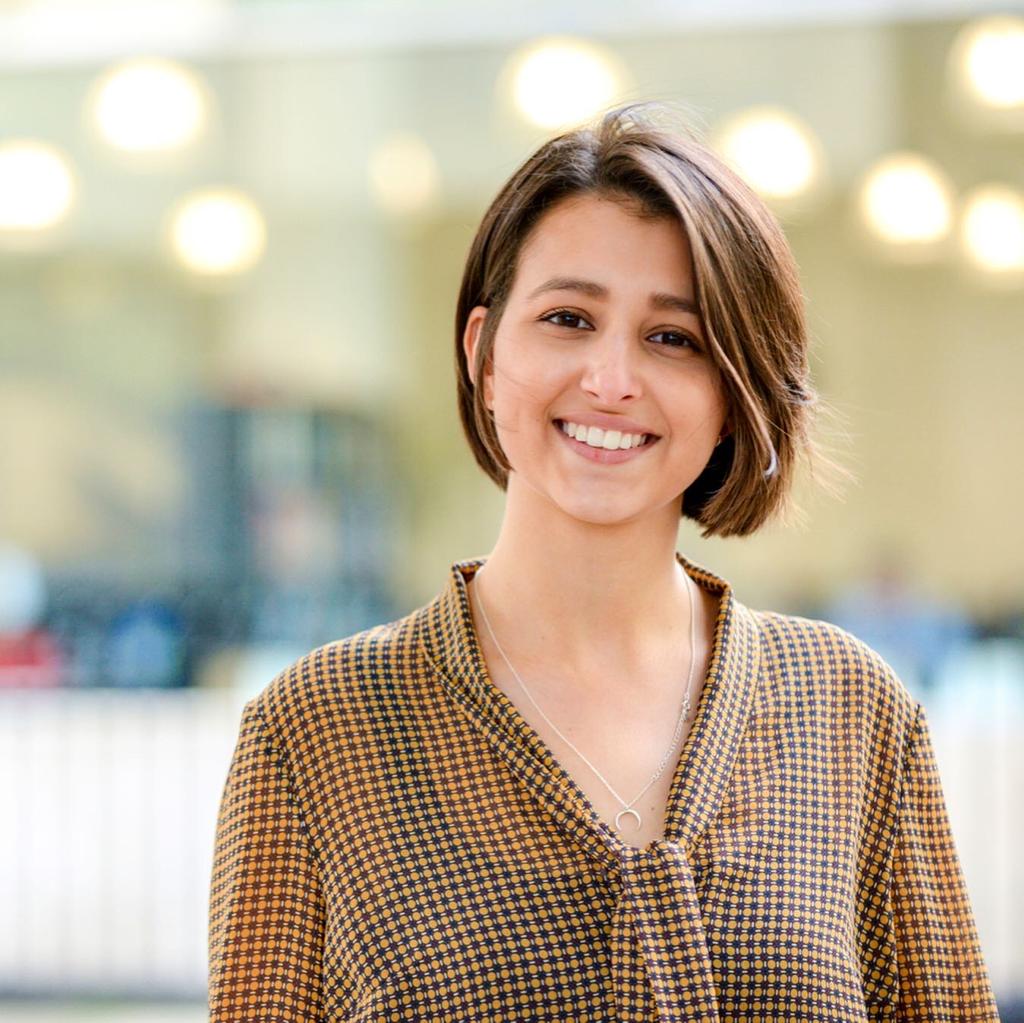
Ravina Singh - UK Cities Senior Engagement Officer, CDP
Ravina currently works in the cities team at CDP as a Senior Engagement Officer, largely working with UK local authorities on environmental reporting and their climate action more broadly. Prior to this, she briefly worked at the renewable energy non-profitRegen supporting their policy and advocacy work. Ravina has also worked at the environmental think tankGreen Alliance working on climate policy, helping to engage cross-party MPs, and supporting the organisation’s Diversity and Inclusion plans.
Video Contributors
-
Liam Crouse – Organiser, Misneachd
-
Paul Cobbing – Chief Executive, National Flood Forum
-
Michael Lomotey FRSA, MSc (he/him) - Adaptation Planning Specialist - for climate and ecology repair. Bringing a race-based critique of environmentalism
-
Heather Shepherd – Flood Recovery Specialist, National Flood Forum
-
Rosamund Adoo-Kissi-Debrah – Co-Founder, Ella Roberta Family
-
Sunita – Blaenau Gwent Climate Assembly Member
-
Sadie DeCoste – Co-Founder and Director, Loss and Damage Youth
-
Ineza Umuhoza Grace – Co-Founder & Co-Director, Loss and Damage Youth Coalition
Project partner


